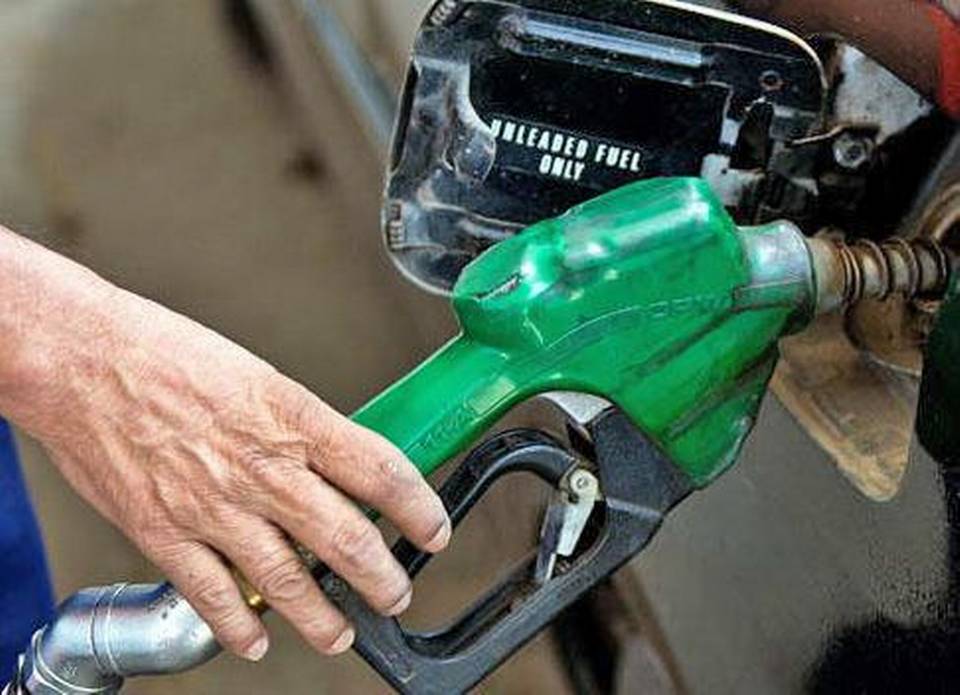
Petrol and diesel prices have been rising sharply in the past few days
Prices of Petrol and Diesel were hiked for the 10th consecutive day since 7th June. In the last 10 days, petrol and diesel prices have increased by ₹5.47 and ₹5.8 respectively.
As of 16 June 2020, petrol in Delhi costs ₹76.73/litre while diesel costs ₹75.19/litre. These prices are the highest since October 2018.
[To be noted: prices of petrol and diesel differ from state to state because of variance in VAT levied by the state governments. Excise duty levied by the center is uniform across states]
First things first, how are prices of fuels determined in India?
The Government deregulated the price of petrol in 2010 and the price of diesel in 2014. It allowed Oil Marketing Companies/ OMCs ( like Indian Oil Corporation and Bharat Petroleum) to determine the prices of these fuels based on cost and market considerations. Two determinants of fuel prices in the Indian context are:
- International crude oil prices: Crude oil is a raw material in the production of petrol and diesel.
- Currency exchange rates: If rupee appreciates, it makes import of crude oil cheaper. Hence, the price of fuel should decrease.
The prices were revised fortnightly based on the above factors.
There was considerable political interference in the prices even after deregulation.
In June 2017, a dynamic daily price model was introduced. As per this model, prices began to be revised daily to make it more aligned to the market forces.
But, due to the pandemic and the subsequent lockdown, the OMCs had stopped revising the prices daily after March 16.
But, since June 7th they resumed revising the prices daily after a gap of 82 days.
Why are the prices increasing?
It is mostly due to an increase in taxes. The Government has been trying to maximise revenues related to oil. About 20 % of the tax revenues of the Centre come from taxes on fuel.
International crude oil prices have been declining since January 2020. But, the Government did not pass on the benefits of falling crude oil prices to the consumers.
[I’d highly recommend you to read this post- Oil Price Wars Amidst Pandemic]
In the first week of May, the Government has hiked excise duty by a record Rs 10 per litre on petrol and Rs 13 per litre on diesel. [Excise duty increase of Rs.10 on petrol includes special additional excise duty of Rs.2 and road cess of Rs.8. In the case of diesel, special additional excise was increased by Rs.5 and road cess by Rs.8.]
The Government had raised excise duty in March as well by Rs.3 each.
At present, the total excise duty on petrol and diesel is Rs.32.98 and Rs.31.83 respectively.
Owing to the pandemic and the lockdown, the OMCs had frozen daily price revisions of fuel prices. So, the retail prices of petrol and diesel remained unchanged.
But, now since the OMCs have resumed revision of prices daily, they have passed on some of the increments to the consumers. This is despite the fact that crude oil prices have fallen by 6 % during the said period.
Economyria is now on Telegram. For a simplified analysis of topics related to economy/ business/ finance, subscribe to Economyria on Telegram